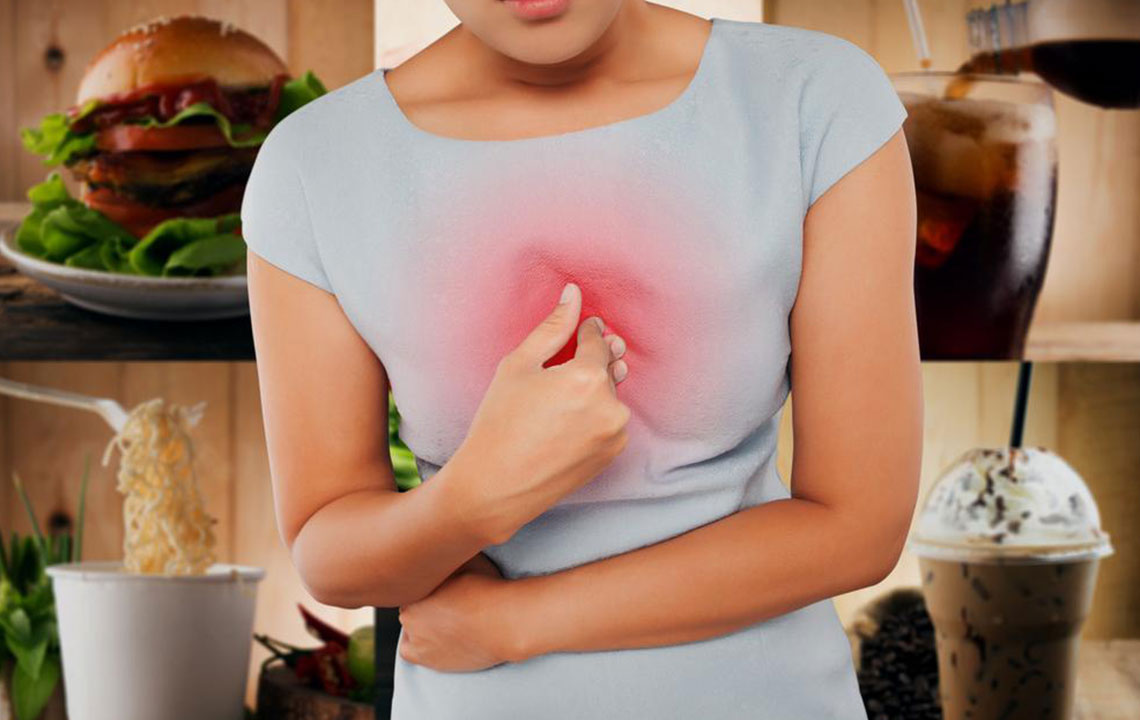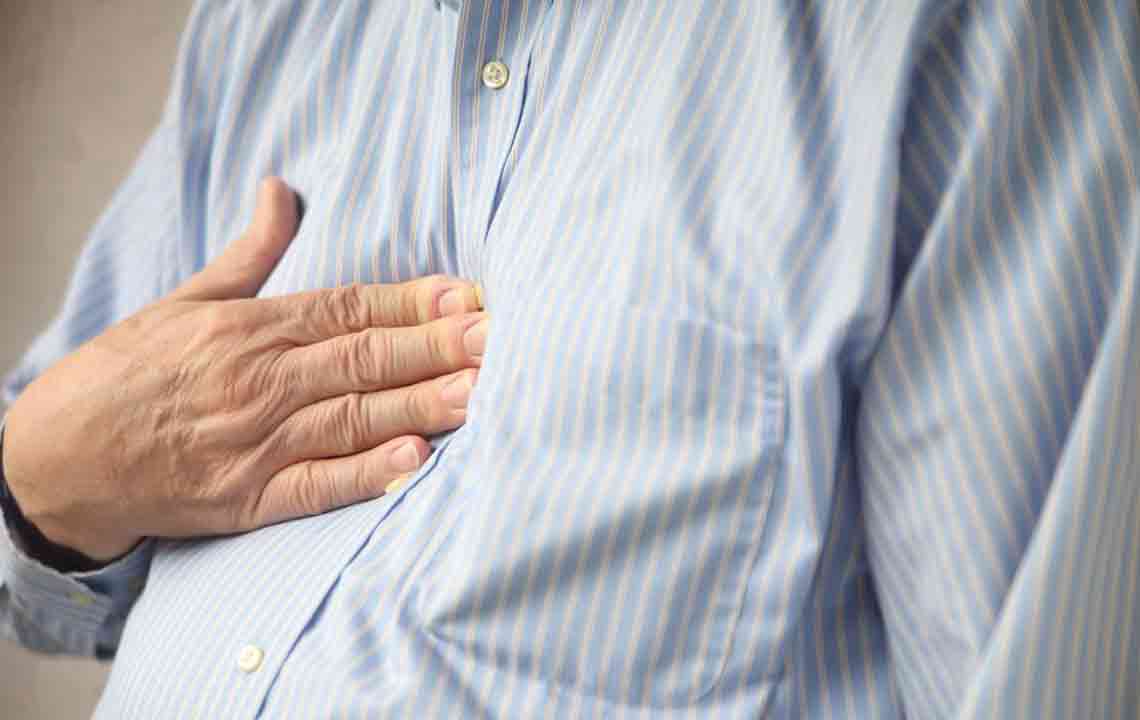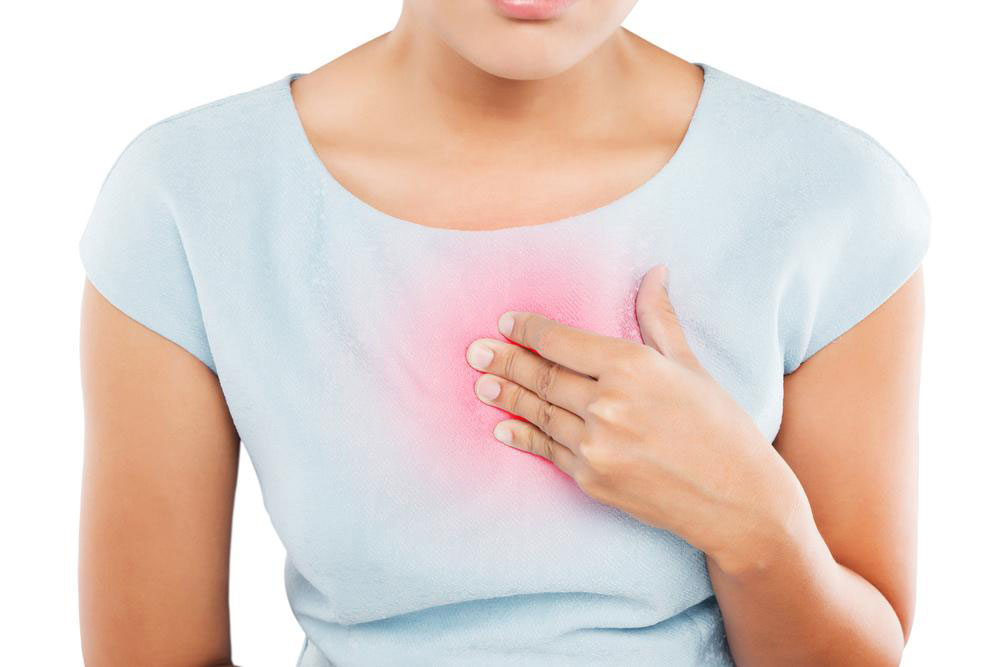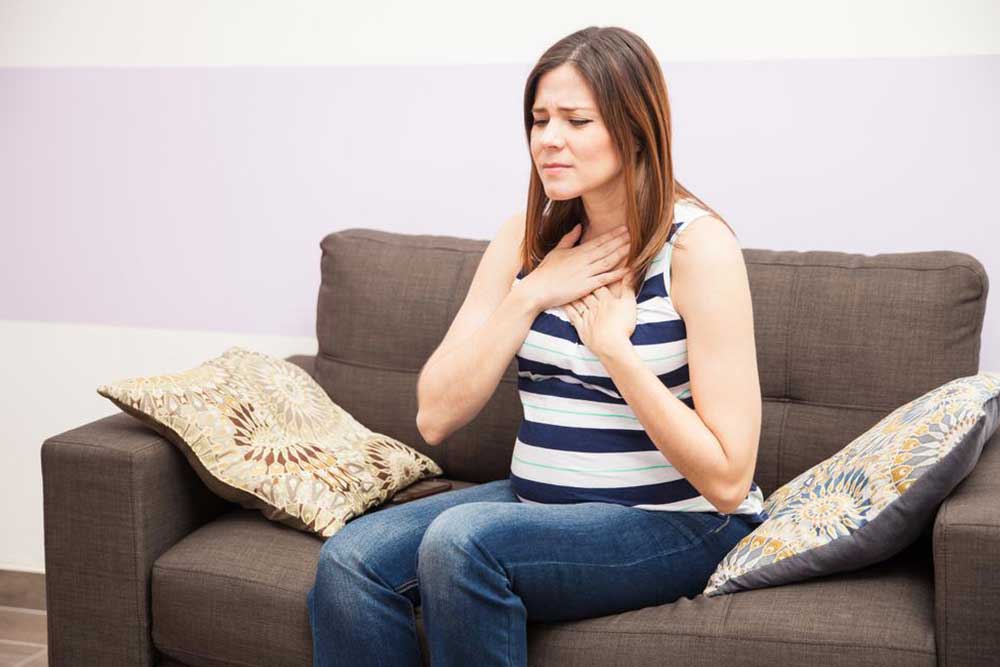Understanding Heartburn and Chest Pain: Causes and Solutions
This article explains the causes, symptoms, and preventive tips for heartburn and chest pain. It highlights the importance of timely medical attention and lifestyle modifications to maintain heart health. Understanding these symptoms can help differentiate between indigestion and more severe conditions like heart attacks. Practice proper diet, avoid triggers, and seek professional help if chest pain persists, ensuring overall well-being and safety.

Understanding Heartburn and Chest Pain: Causes and Solutions
As we go about our daily routines, working, enjoying leisure, dreaming, and hoping for the future, one constant remains—the relentless beat of our heart. This vital organ keeps us alive and active, but when it malfunctions or when other factors affect it, the consequences can be severe. Modern lifestyles—stress, poor diet, lack of sleep, and unhealthy habits—add pressure on the heart, increasing risks of issues like chest pain and indigestion. Maintaining heart health is essential for overall well-being and survival.
Heartburn and chest pain are common complaints, often caused by acid reflux when stomach acid irritates the esophagus. Symptoms include a burning sensation behind the breastbone, especially after meals or heavy snacking. Sitting or lying down can worsen the pain, which may last hours. If chest pain becomes severe, consult a doctor immediately, as it could indicate a more serious condition like a heart attack. Accurate diagnosis may require specific tests, especially if symptoms persist or include weight loss.
A burning feeling in the throat, which may be sour or salty
Difficulty swallowing or feeling of food sticking in the throat or chest
Persistent sore throat, chronic cough, or hoarseness
Other causes, such as esophageal spasms or gallbladder attacks, can mimic heartburn symptoms. Immediate medical attention is crucial if chest pain occurs; elevating the upper body, wearing loose clothing, and taking OTC medications like PPIs, H2 blockers, or antacids can provide relief. Preventative measures include avoiding trigger foods, not lying down after eating, and maintaining a healthy weight. Lifestyle changes and early intervention are vital to managing these issues effectively.










